By SouverHome October 13, 2023
Organic cotton and conventional cotton are two common types of cotton with significant differences in their production methods, quality, and environmental impact. These differences not only affect the quality of cotton products but also have implications for our health and the environment. In this article, we will delve into the key differences between organic cotton and conventional cotton and how these distinctions can impact our lives.
Organic Cotton vs. Conventional Cotton
1. Production Methods
Organic Cotton: Organic cotton is produced following strict natural and sustainable principles. It is grown on organic farms without the use of chemical pesticides, synthetic fertilizers, or genetically modified organisms (GMOs). Organic cotton farming typically employs natural agricultural practices that help maintain soil health and ecological balance.
Conventional Cotton: Conventional cotton production often relies heavily on chemical pesticides and synthetic fertilizers. These chemicals can have adverse effects on farmland, water sources, and ecosystems. Additionally, genetically modified seeds may be used in conventional cotton farming, sparking controversy.
2. Chemical Residues
Organic Cotton: Due to the absence of chemical pesticides and synthetic fertilizers, organic cotton products typically do not contain harmful chemical residues. This makes them an ideal choice for individuals with sensitive skin or a tendency to allergies.
Conventional Cotton: Conventional cotton production may leave behind traces of harmful pesticides and fertilizers. These chemical residues can potentially persist in the final textile products, posing potential risks to human health.
3. Sustainability
Organic Cotton: Organic cotton farming emphasizes sustainability and eco-friendliness. It helps reduce soil erosion, water pollution, and the burden on ecosystems. Moreover, organic cotton farming often provides better working conditions and social welfare for farmers.
Conventional Cotton: Conventional cotton production can cause irreversible harm to soil, water sources, and ecosystems. It also tends to require significant water resources, which can be a particular concern in arid regions. Farmers may also be exposed to harmful chemicals during production.
4. Quality and Comfort
Organic Cotton: Organic cotton products typically exhibit superior quality because they are free from chemical additives or harmful substances. They are well-suited for individuals with sensitive skin and are often more durable.
Conventional Cotton: The quality of conventional cotton products varies depending on the brand and manufacturing process. However, they may contain additives or residues that can cause discomfort for some individuals.
Factors Impacting Our Lives
Now, let's examine how these differences can impact our lives:
- Health: Organic cotton products are generally skin-friendly and an excellent choice, especially for babies and individuals with sensitive skin. Their absence of harmful chemical residues reduces the risk of skin allergies and discomfort.
- Environment: Choosing organic cotton contributes to reducing pollution, conserving soil health, and preserving ecosystems. This is crucial for maintaining the ecological balance of our planet.
- Sustainability: Organic cotton farming supports sustainable livelihoods for farmers and promotes fair working conditions. It is an integral part of creating a more equitable and sustainable agricultural system.
- Quality and Durability: Organic cotton products often offer higher quality and durability, making them a cost-effective choice in the long run.
Conclusion
The choice between organic cotton and conventional cotton extends beyond personal comfort; it impacts our health, the environment, and our shared future. With increasing awareness, more people are opting for organic cotton to support sustainable agricultural practices, protect the environment, and enjoy higher-quality products. When purchasing cotton products, keeping these key differences in mind will help you make informed choices and contribute to a better future for yourself and the planet.

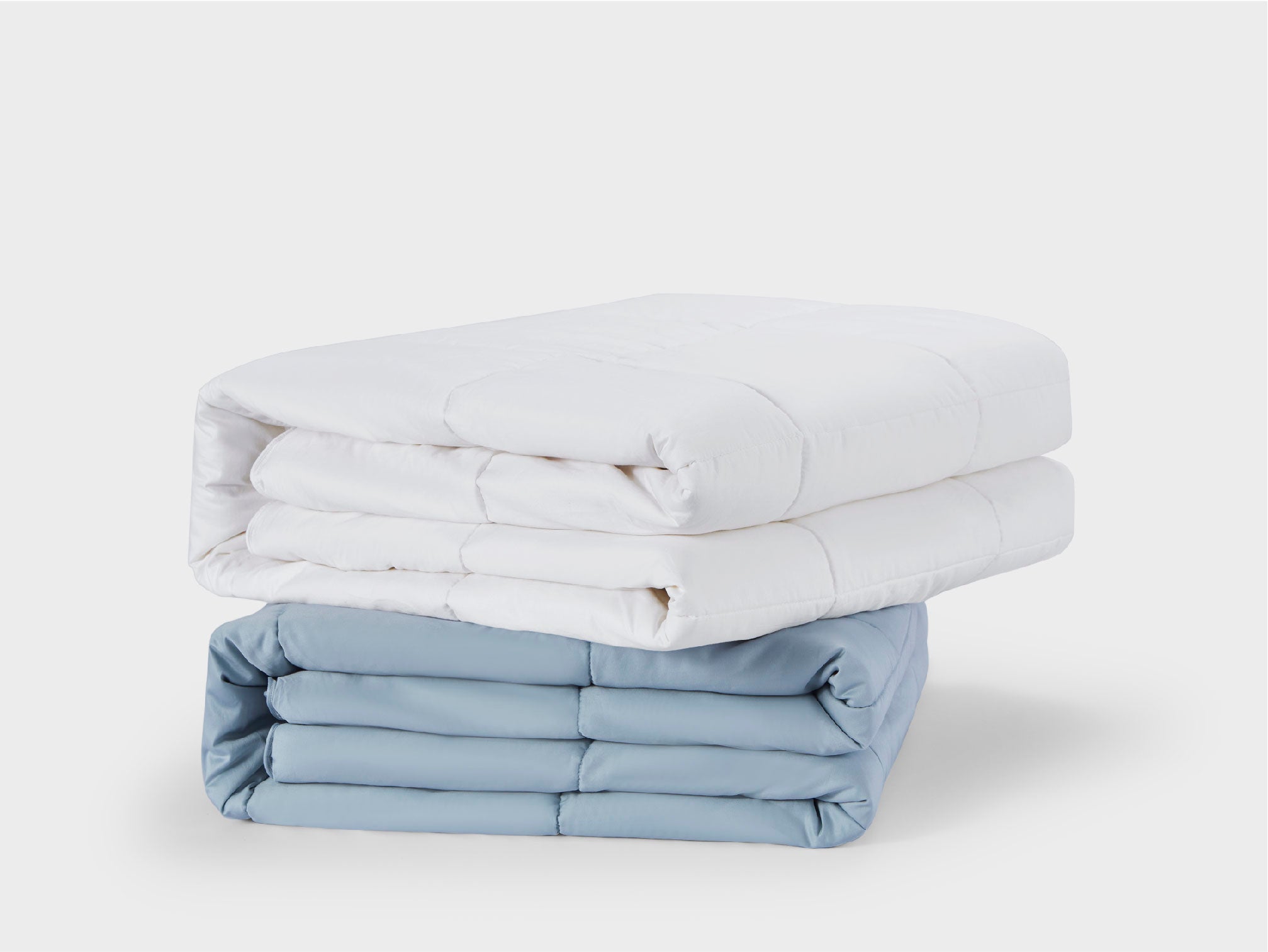
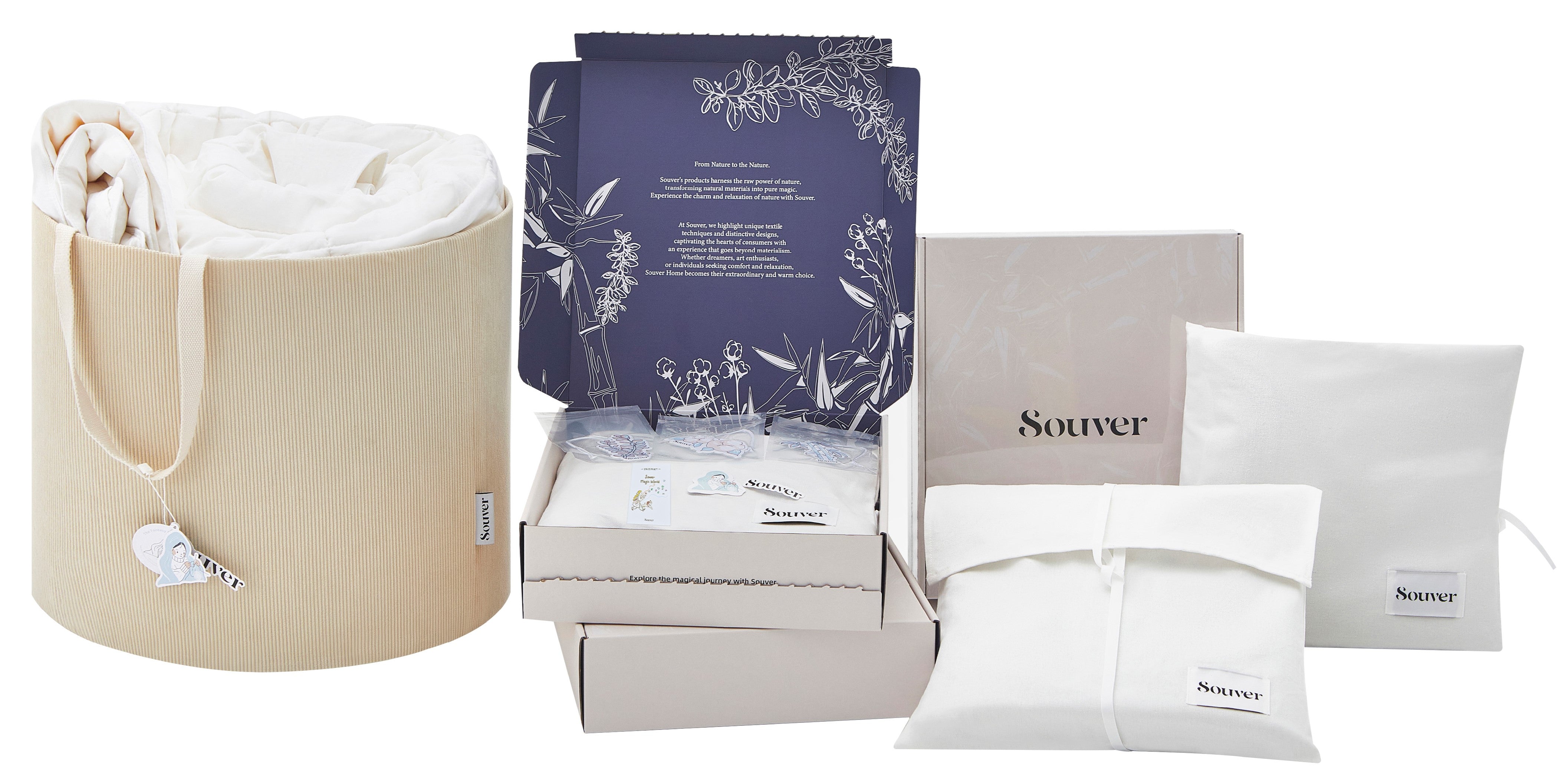
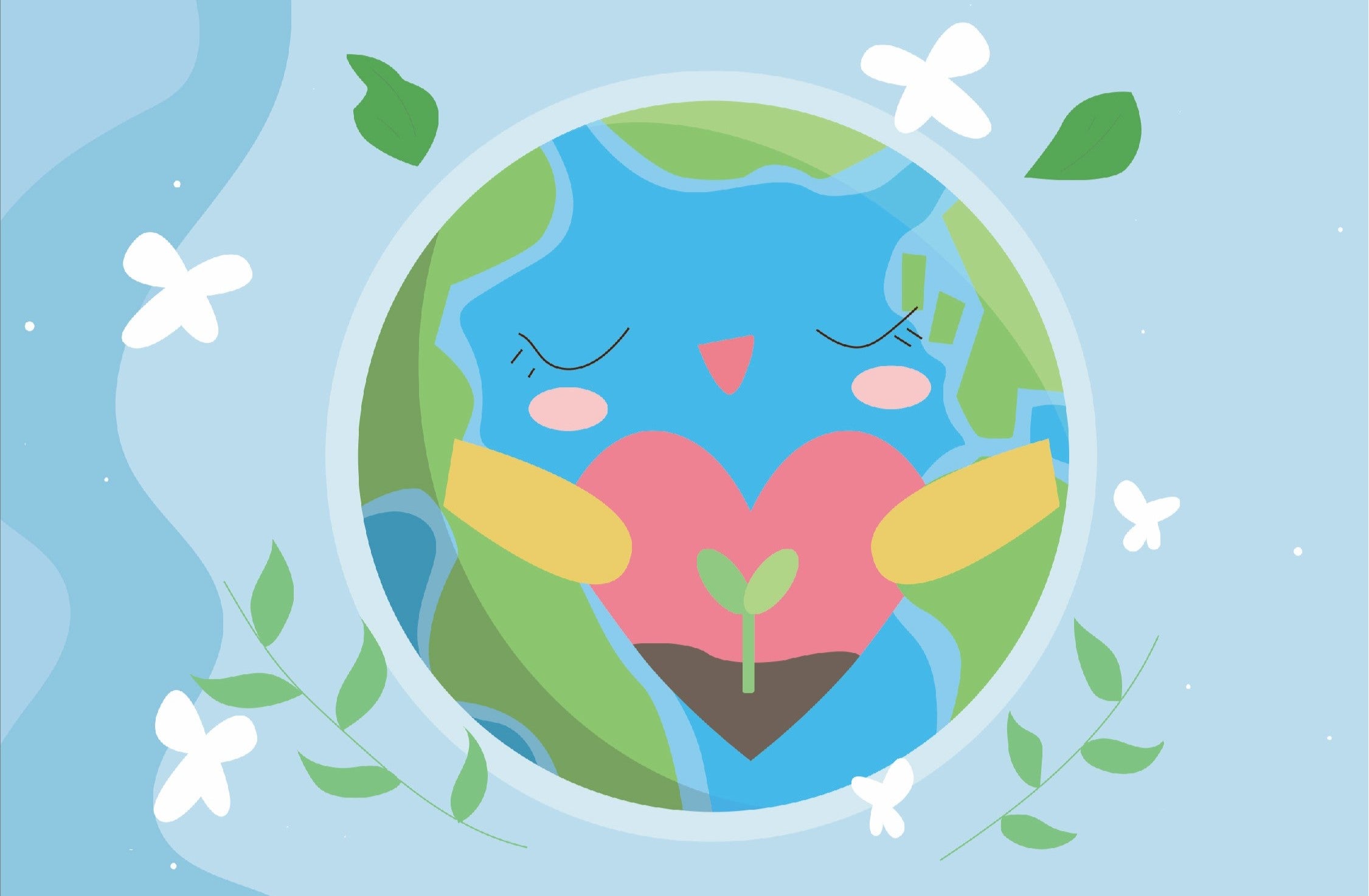
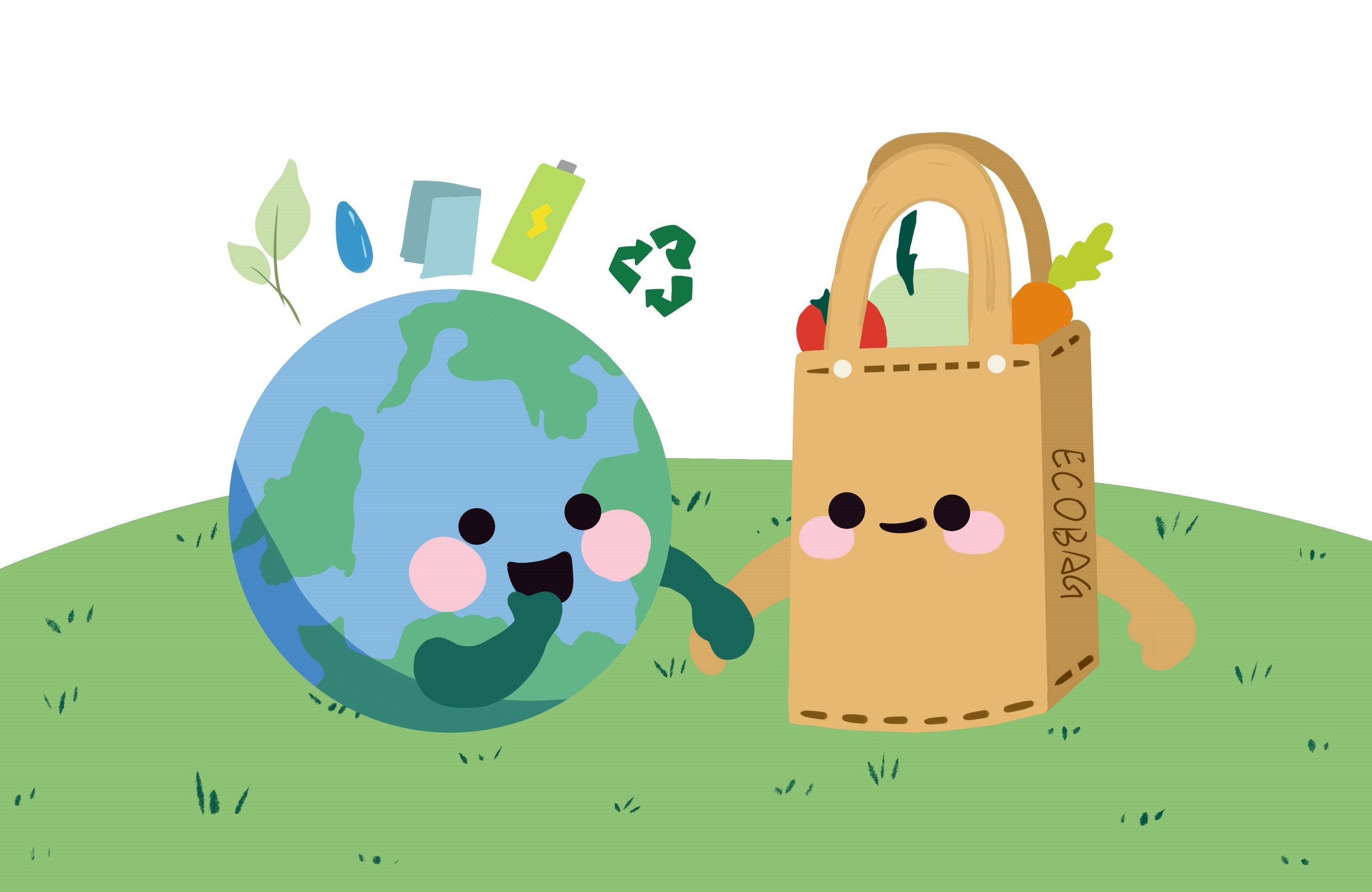
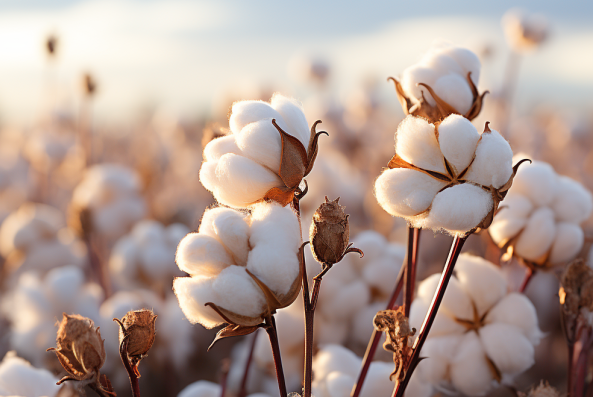
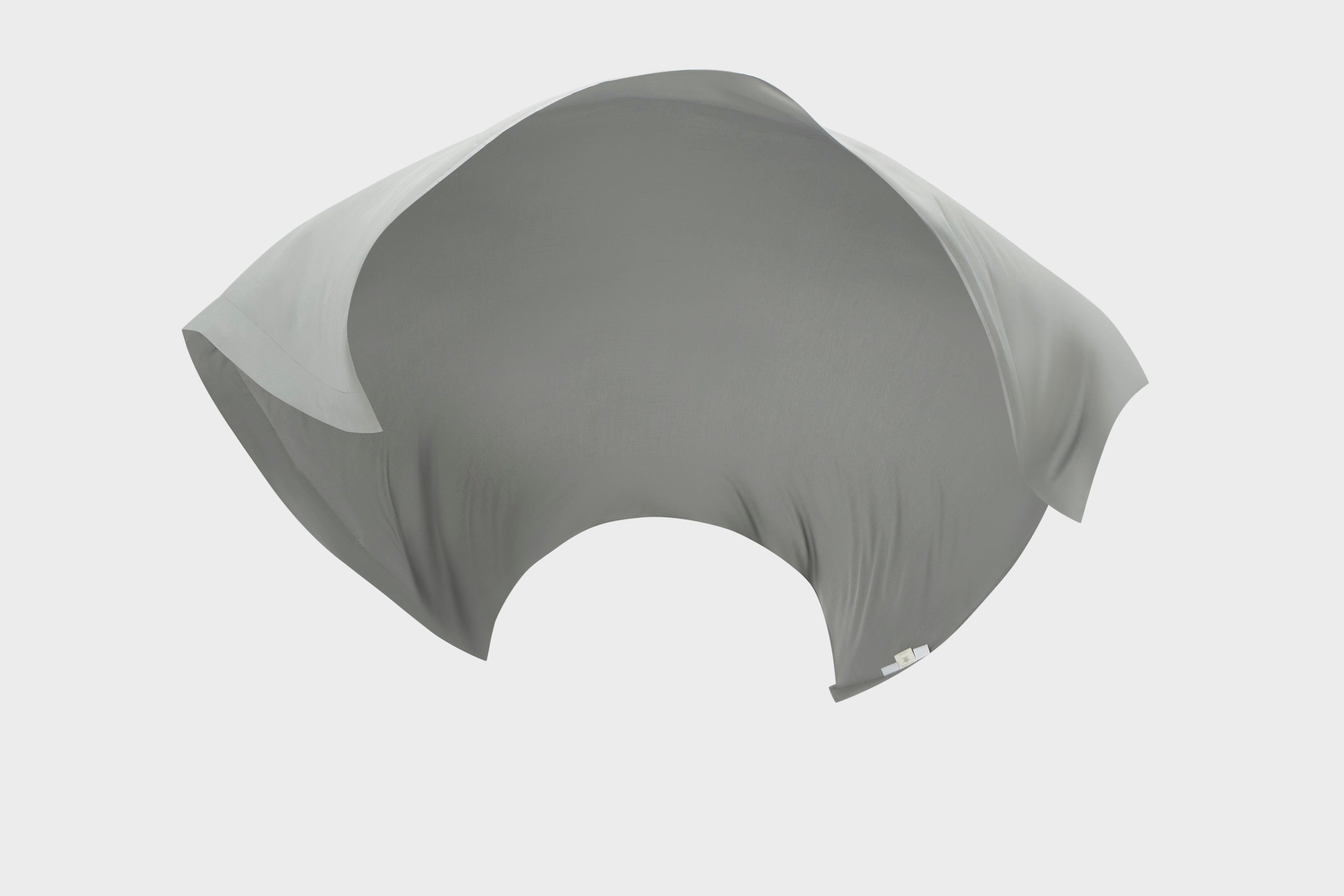

Dejar un comentario
Este sitio está protegido por hCaptcha y se aplican la Política de privacidad de hCaptcha y los Términos del servicio.